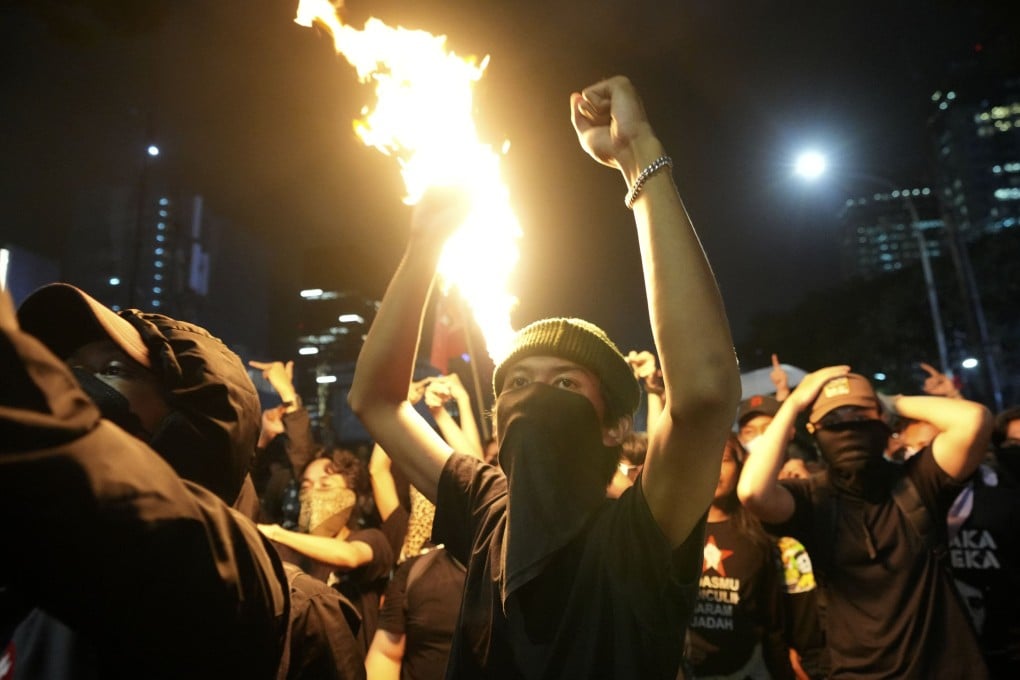Over 1 in 5 young Indonesians are out of work. Fixing that won’t be easy
Southeast Asia’s largest economy has the world’s fourth-largest workforce, but it’s outshone by its neighbours like Malaysia and Thailand

In a workshop overlooking paddy fields on the eastern edge of Java, Dimas Firmansyah is tinkering away on a large truck engine. A lanky 18-year-old in a hard hat and work shirt, he hopes to find a job repairing coal machinery when he graduates in a few months. Thanks to his school’s revamped curriculum and corporate partnerships, he almost certainly will.
The result is a pressing shortage of qualified workers and high unemployment among young people who find themselves lacking the skills companies need, even with a diploma in hand. The rate of youth that are out of both a job and education, a good indicator of wasted human resources, is one of Southeast Asia’s highest, at more than a fifth.

“Indonesia has invested heavily on infrastructure,” said Alpha Amirrachman, a director of the climate centre of Muhammadiyah, an Islamic organisation which runs thousands of schools in the country. “Investment in human capital, education and healthcare has not kept pace.”